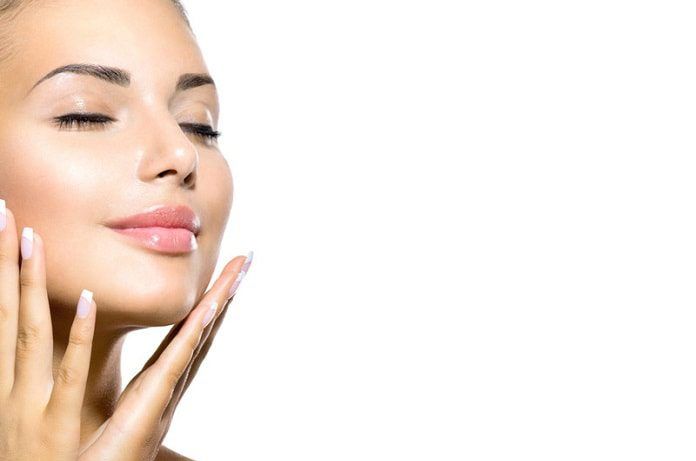Researchers tested philosopher Immanuel Kant’s hypotheses that beauty is distinct from sensuous pleasure, and that, unlike sensuous pleasure, beauty requires thought. They found partial support for Kant’s hypotheses: although the idea of beauty was interchangeable with that of pleasure, beauty requires thought, and pleasure does not.
The nature and the subjective experience of beauty has been the subject of philosophical debate for centuries. Beauty stimulates the senses, but is the experience akin to that of sensual pleasure? Do we “think” beauty or “feel” it, or both? Evoking the struggle of reason versus emotion and the relationship between the two, the philosopher Immanuel Kant argued that, unlike the experience of sensuous pleasure, beauty requires thought. Given this distinction, Kant did not believe that sensuous pleasures could also be beautiful.
In a novel two-part experiment, researchers at New York University put Kant’s hypothesis to the test. In the first part of the experiment, they exposed participants to different stimuli and asked them to rate the beauty and the pleasure associated with the experience. Stimuli included both images and objects.
Two types of images were used: participants self-selected images from the Internet that they found “movingly beautiful,” and the researchers chose beautiful and non-beautiful, plain images from a previously validated international picture set. Participants were also exposed to non-visual, sensuous stimuli (e.g., eating a piece of candy or touching a teddy bear).
In the next part of the experiment, one of two cognitive tasks was added to test the hypothesis that beauty requires thought. While both tasks restricted participants’ executive function, including working memory and attention, one task was more cognitively demanding than the other. Participants completed two trials, one with and one without a cognitive task, for each stimulus that was presented to them. They rated the pleasure and the beauty associated with each stimulus for each task.
Without the added task, the images that participants self-identified as “movingly beautiful” received the highest beauty ratings with over 90% of the sample rating them as “definitely beautiful.” Just over half of the participants rated the researcher-selected, beautiful images in the same way, and, as expected, plain images were almost never deemed beautiful. About a third of the sample reported definitely experiencing beauty from non-visual, sensuous stimuli. For all stimuli, beauty ratings increased linearly with pleasure judgments, negating Kant’s claim that sensuous pleasures could not also be beautiful.
While this claim was rejected, Kant’s hypothesis that beauty requires thought and sensuous pleasures do not was supported by findings associated with the addition of a cognitive task. When participants were engaged in the more demanding cognitive task, the average beauty reported with exposure to self-selected and researcher-selected beautiful stimuli was reduced. Similarly, pleasure ratings associated with beautiful stimuli were reduced when participants engaged in the cognitively demanding task. Average beauty ratings of non-beautiful stimuli were not affected. In contrast to these findings, the simple cognitive task, which did not require much thought, was not associated with reductions in pleasure or beauty.
Overall, the findings suggest that pleasure and beauty are interchangeable, as participants’ beauty ratings increased together with those of pleasure. Interestingly, pleasure and beauty associated with beautiful images was greater than pleasure and beauty experienced from sensuous pleasures alone, but the results demonstrated that sensuous pleasures could also be beautiful. Only tasks that required thought reduced ratings of pleasure and beauty, suggesting that cognitive resources are required to sustain these experiences.
Written By: Suzanne M. Robertson, Ph.D



